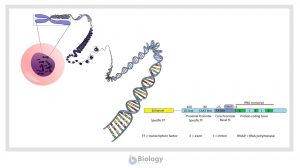Definition
noun
A microbial culture that contains only one species, variety, or strain of microorganism
Supplement
Microorganisms can be grown under controlled laboratory conditions in cultures where they are allowed to grow and reproduce. Microorganisms are grown largely for research, taxonomic, and medical purposes. Bacterial cells, for instance, are grown in an agar-based culture in plates (petri dishes) by inoculation and incubation techniques. They can also be grown in liquid culture such as liquid broth where bacterial cells are suspended in it. Eukaryotes can also be grown in cultures given the proper optimum growth conditions. However, the most common eukaryotes grown in cultures are unicellular, such as yeasts. An axenic culture though would be a culture containing only one species, variety, or strain of organisms. There should not be any contaminants present. Microorganisms that are obligate symbionts, though, cannot be grown in axenic cultures.
Axenic cultures can be prepared by picking out a single (individual) cell that would initiate a culture. This technique is useful in growing a specific culture of fungi, algae, and certain metazoan. In bacteria, series of streak plate technique can be used in order to separate microbial population and achieve an isolated colony of cells uncontaminated with other microbes. Other way to achieve axenic cultures is the addition of antibiotics to prevent the growth of certain cells.
Word origin: a- (lack of) + Greek xenikos (foreign), from xenos (stranger)
See also:
- stock culture
- cell culture
- streak culture
Related term(s):







